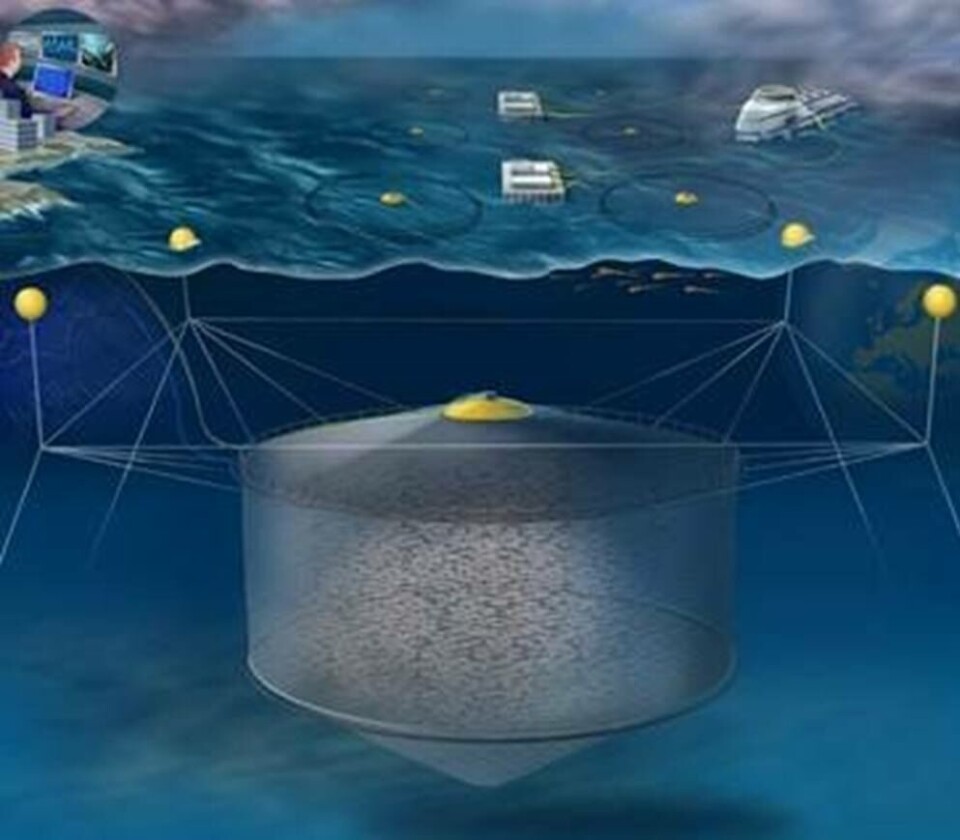
Atlantis fish farms ‘ready for full-scale testing’
Trude Olafsen, general manager of Atlantis Subsea Farming, says the company is ready to start full-scale testing of its submerged salmon farms – despite the Norwegian Directorate of Fisheries rejecting four of the six development licenses for which it had applied.
Olafsen, who is also business development/project manager at Akva Group, told fishfarmingexpert.com: “In close cooperation with Akva Group, Egersund Net and Sinkaberg Hansen – a fish farming company in Norway – Atlantis Subsea Farming was founded purely with the aim of developing submerged and safe farming technology and to demonstrate good fish welfare and low production costs.
“We applied for six licenses in January last year, but we have been working on the project since 2014 and we strongly believe that this is possible.
“The Directorate of Fisheries gave us an answer a few weeks ago [January 29], four licenses were rejected and we are going on in the process with two of them.

Asked if and when Atlantis Subsea Farming would challenge the ruling, Olafsen said: “We will decide whether to appeal the refusal of the four licenses or not when the process of the two licenses are coming to an end.
'All according to plan'
“We have no signs of when that can be, it is up to the Directorate of Fisheries. We are ready to start full-scale testing of our technology, all according to plan. First the technology will be tested without fish, and then with fish in the cages during three generations.”
It is believed the large-scale testing will focus on third-party documentation of fish welfare and production performance, the technological capabilities of the system, and safeguarding the occupational health and safety of employees.
Last year, when the licenses were applied for and Atlantis Subsea Farming was launched, the company said in a statement: “There are many risks associated with the project, and the testing of the technological and operational solutions requires large-scale testing beyond what can be done in today's fish farms based on traditional operating methods.
“The further progress of the project and our ability to ensure a methodical approach thus depend on our being granted development licences.”























































